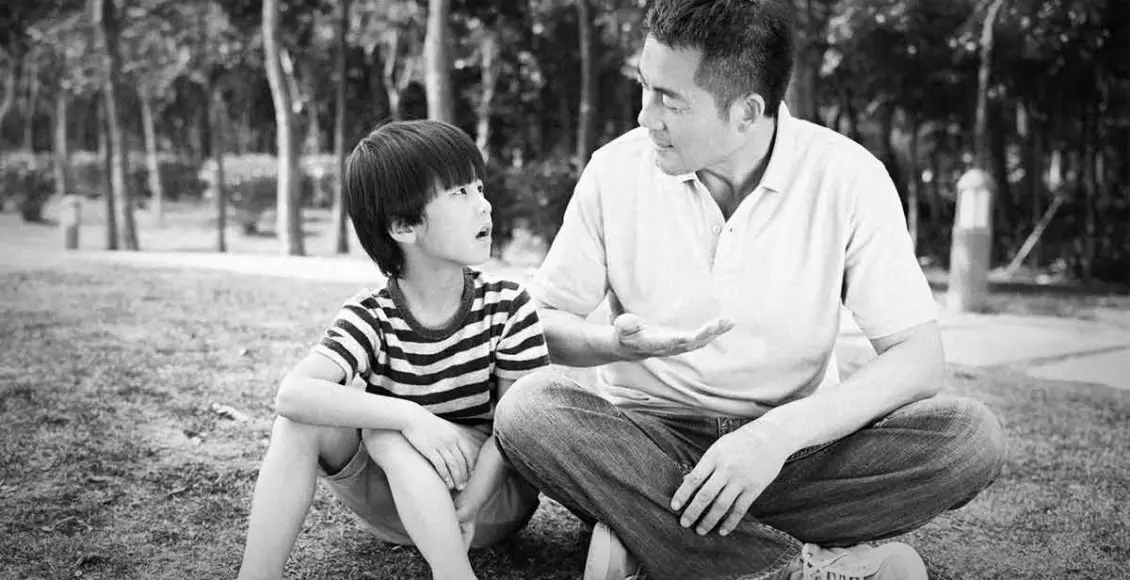The things we learn from our families and our home life often stick with us long term. What we experience as children can inform what it is that we do in our adult lives, whether it’s emulating the behaviors of the adults in our lives, or avoiding those behaviours consciously and at all costs.
But some toxic childhood lessons aren’t easily forgotten. Still, it’s up to us to do our part to unlearn these lessons.
Here are 5 common toxic childhood lessons and how we go about unlearning them.
Vulnerability makes you weak
The idea that emotions, vulnerability, and expressing your feelings makes you weak can be common, especially among men, but it’s just not true. Being able to show and speak about your emotions is actually an incredibly strong trait. It takes strength to put on display what’s happening on the inside for others to see, hear, and potentially judge.
Unlearning the idea that vulnerability makes you weak is not easy. It can take a lot of time and effort to get there. But it starts with speaking to a trusted friend or professional. Baby steps are fine, good in fact.
Your accomplishments don’t matter
Growing up on a toxic household can mean that the accomplishments of the children are viewed secondarily, or pretty much ignored, by the adults in the house. People in a toxic relationship get fixated so much on one another that everything else becomes less of a priority. This behavior can tell kids that really, no one cares about the things they accomplish.
Of course, we know that’s not true. We often idolize people who accomplish much with their lives, and you aren’t exempted from that. People do look up to you and applaud the things you accomplish. Your victories in life do matter.
Sex is a weapon
Adults in a toxic relationship do things that are simply not normal, and one of those things is using sex as a weapon. Sex being used as a weapon can manifest itself in a number of ways. Usually, sex is being withheld by one or both partners in order to get back at them for doing, or not doing something in particular. But using sex as a weapon is not healthy and it is not normal.
Sex is sometimes referred to lovemaking, and for good reason. It is the physical expression of love. To take that away for petty reasons is in some ways like saying ‘I can take my love away from you if I want,’ which is not a normal threat to level for a healthy relationship. Using sex as a weapon should be off the table. That said, it is your body and it is your choice and you should never feel forced into intimacy.
You can only count on yourself
Children who grow up in toxic households may find themselves feeling incredibly isolated. The adults in the home are sometimes so fixated on one another that they largely forget the children exist, or the children are largely a non-factor. This can teach children that they are on their own when it comes to passing their classes in school, making sure they’re fed, and dealing with the emotional struggles that go along with being a kid.
The cycle of abuse can’t be broken
Every year, 1 in 3 women and 1 in 4 men in the United States experience some form of abuse, be it sexual, verbal, emotional, or physical abuse. Sadly, these types of abuse can sometimes be passed down from one generation to the next. But these cycle of abuse can be broken. The most important step to take is to recognize that abuse is not normal. The victim of abuse must recognize this just as much as the abuser.
Therapy is the most common and probably the most effective way to get in touch with and understand the painful experiences you had as a child.
In therapy, you will be able to work through memories of abuse, grieve for the childhood they never got to have, and identify the way the abuse has impacted your adult life.



